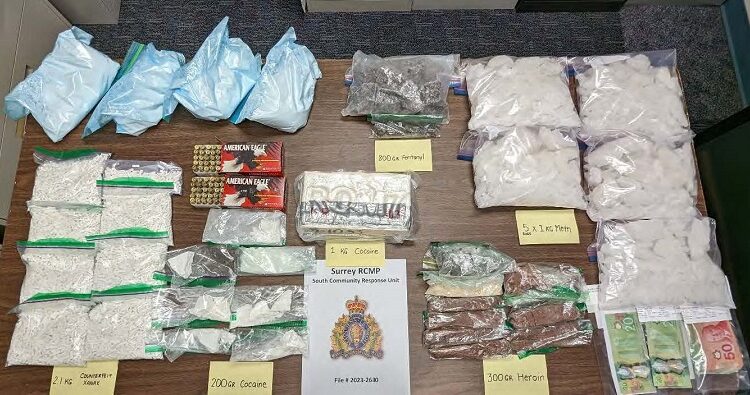The NDP government said British Columbians will experience a more efficient, faster process the next time they vote in a provincial election, as changes to the Election Act are brought into force. The amendments, part of the most significant change to B.C.’s voting process in more than 25 years, will allow Elections BC to use machines to more quickly and accurately count paper ballots. Also known as tabulators, these machines are already used in municipal elections in B.C. and elsewhere in Canada.
By DESIBUZZCanada Staff
VICTORIA – The NDP government said British Columbians will experience a more efficient, faster process the next time they vote in a provincial election, as changes to the Election Act are brought into force.
The amendments, part of the most significant change to B.C.’s voting process in more than 25 years, will allow Elections BC to use machines to more quickly and accurately count paper ballots. Also known as tabulators, these machines are already used in municipal elections in B.C. and elsewhere in Canada.
In addition to the vote-counting machines, election officials will be able to use an electronic voting book to check voter information, speeding up the process for people who vote in person. This new process will also improve safeguards by making it easier for officials to check who has cast a ballot.

Ballot printers will also be added to polling stations, helping reduce the need for write-in ballots and adding convenience for voters. The printers will create custom ballots with the correct information for any British Columbian’s registered electoral district, allowing voters to cast their ballots anywhere in the province.
The legislative assembly approved these changes to the Election Act in October 2019. Elections BC has now completed the necessary preparations to conduct an election under the new provisions. Other approved amendments are already in force, including the extension of the campaign period for unexpected elections and the creation of a list of future voters.
These changes were recommended in a 2018 report from B.C.’s chief electoral officer that proposed changes to improve the voting process in British Columbia.
















1 Comment
Fire Fighter Badge
4 weeks agoThank you for addressing this topic. It’s very relevant to me.